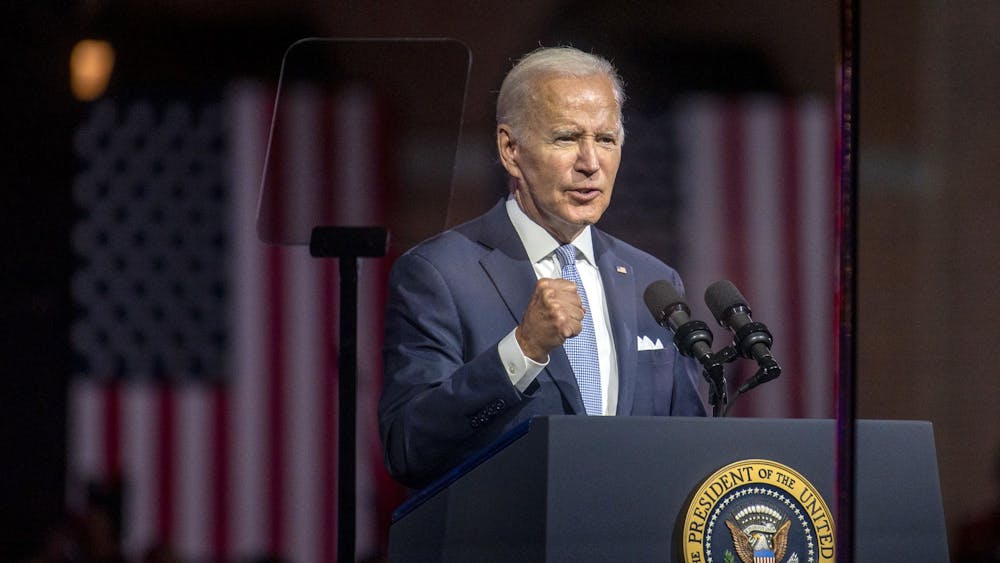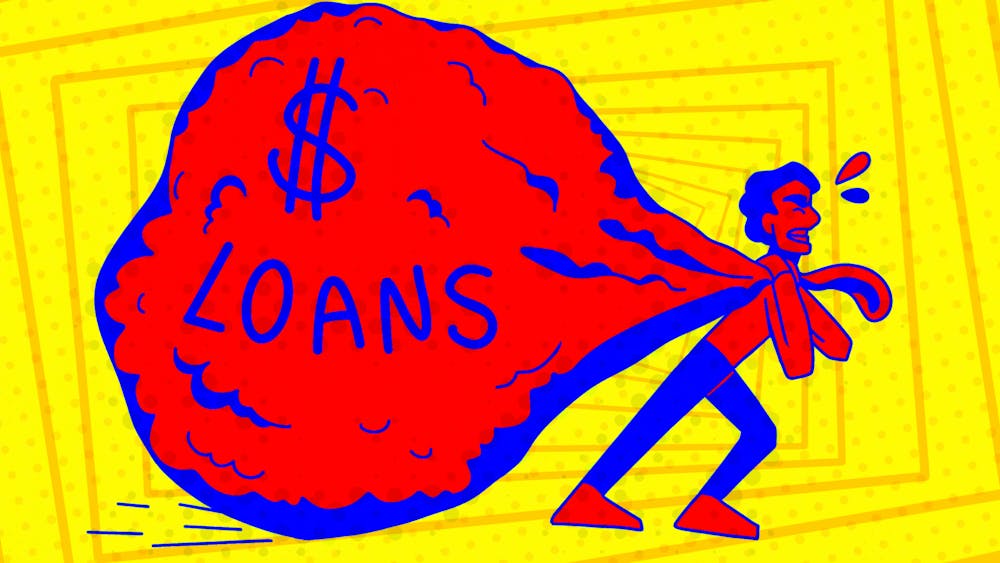In just one week, the polls surrounding the political world for months won’t matter anymore.
But until then, politicians depend on them, and voters use them to determine how important their vote will be.
Monday’s daily Gallup poll of likely voters gives Democratic nominee Barack Obama a 50 percent to 45 percent edge over Republican nominee John McCain. CNN’s latest average of national polls shows Obama up 51 to 43.
But the reliability of those polls is more complicated than voters may realize.
Is the Bradley effect gone?
The Bradley effect is the theory that black candidates fare better in polls than they actually will on Election Day. It’s believed to occur when those polled are reluctant to tell pollsters they won’t support a black candidate to avoid being perceived as racist.
But not everybody believes it exists.
The effect was named for Thomas Bradley, the first black mayor of Los Angeles, who lost the 1982 California gubernatorial election despite a healthy advantage in pre-election polls. Similar situations have been observed at least twice since then in New York and Virginia in 1989.
Though the possibility of an “Obama effect” in the 2008 election has been discussed, John Kennedy, director of the Center for Survey Research at IU, said the effect is essentially extinct now.
“In the survey world, it’s old,” said Kennedy, who has worked at the center for about 21 years. “My reading at this moment is that it probably isn’t having that much effect this time.”
After the primaries, Kennedy said the Bradley effect wasn’t found. In addition, two of the places it has been observed were in large cities, not entire states.
“It really is 50 different places,” Kennedy said. “Maybe there would be a Bradley
effect in New Hampshire but not in South Carolina. That’s where the action really is – at the state level.”
Christine Von Der Haar, a senior lecturer of sociology, worked at CBS News in 1989 as a pollster when the Bradley effect was found, but she doesn’t believe it is a factor anymore.
“There’s no question that the Bradley effect was working then,” she said. “You don’t know if people are lying. There’s no way to know that. ... In this case, because we’ve had so many polls, the fact of the matter is that we have not seen it.”
Ted Carmines, an IU political science professor, said though Obama’s race will hurt him in the election, that doesn’t mean the polls are affected by it.
“It’s a different era,” he said. “There are fewer racial bigots. The few racial bigots that are out there are more willing to express their racial bias.”
Still, Carmines said it’s more difficult for Obama to win.
“Because there is a small group of white Americans, non-black Americans, who will not support him,” he said. “It is more difficult. There’s no question that he’d be ahead more if he were white.”
William Bianco, also a political science professor, agreed that though the primaries haven’t shown an “Obama effect,” it’s still possible in the general election.
But those who oppose Obama because of race might not have to explain why in a poll for it to show.
“I think people who don’t want to vote for Obama on the basis on his race can find something else to say about Obama that would justify voting against him,” Bianco said.
Electoral College could go against polls
Even if the polls don’t seem to have a Bradley effect, Kennedy pointed out the main polling inaccuracy is the Electoral College.
National polls – the good ones, Kennedy said – capture the mood and feel of the country. But because they are done randomly, the voters polled are not necessarily from random locations. This could mean voters polled are all from swing states or states favoring one candidate.
Either way, the Electoral College could change the outcome because polls aren’t directly connected to it.
“The polls will tell you who would win the race, but that doesn’t mean that the final outcome of the Electoral College would be the same difference,” Kennedy said. “Even if he was ahead by 25 points and all of those are in one state that’s ahead, it doesn’t help to predict the election.”
Kennedy said controlling the region of a poll can make a difference, but not a big difference. Polls show how people are moving and thinking, but don’t necessarily predict the election. Just like in 2000, the candidate could win the popular vote, but the majority of electoral votes could go to his opponent.
“That’s what the issue is. The difference between the popular vote and the electoral vote to predict who’s going to be the next president,” Kennedy said. “People should see it as essentially 50 separate elections for president.”
The missing cell phone voters
When Congressman Baron Hill, D-9th, made a visit to campus Oct. 12, he told students the polls weren’t capturing the hard work young people were doing: convincing voters via cell phone.
To some extent, he’s right, Kennedy said.
Though most polls are conducted through landline phones, the good polls, like Gallup, usually try to reach those with cell phones as well. But even polls that don’t could end up with such similar results it wouldn’t sway the poll much, Kennedy said.
Eighteen- to 30-year-olds are the most likely to only have cell phones, Kennedy said, citing 2008 research by The Pew Research Center for the People & the Press. The many survey organizations that use only landlines might be missing a huge part of the population. But Pew’s research shows those who are cell-only behave similarly to the landline 18- to 30-year-olds, Kennedy said.
Carmines said, if anything, the polls underestimate support for Obama, who already leads in most polls. Many young people are leaning toward Obama, he said.
“It’s pretty minor, I think, but it is a factor,” he said. “I don’t think it’s a big factor. I don’t think Senator Obama would have 10 percent more support. But probably a couple of percent, yes.”
Kennedy added pollsters make adjustments and weigh the numbers to reflect minorities and other groups proportionately. In addition, they complete analysis between elections to continually make their projections more accurate.
“If you know where your shortcomings are, and you’ve studied them long enough, then you can make corrections for them and be comfortable because you’ve done so much analysis,” Kennedy said.
Bianco said a much bigger issue is if those who are polled will actually vote on Election Day. He estimated if students were polled today, 90 percent of them would say they planned to vote in the election, but only about 50 percent would. Victory goes to those who show up, he said.
“Most people don’t see government as central to their lives,” he said. “Faced with taking a half an hour to go vote, they decide to do something else.”
This, in turn, can affect the polls. Bianco said the best thing to do with poll results is average them and take them as an estimate.
“Pollsters have different ways at getting at preference and turnout,” he said. “We accept a lack of perfection in discerning opinion in other areas of our lives. Polling in politics is no different.”
Von Der Haar said the most important thing was for voters to not trust the polls until the very end.
“Anyone who calls it before then just hasn’t learned history very well,” she said.
Predicting the unpredictable
Voters should acknowledge polls show ‘essentially 50 separate elections for president’ because they show only popular vote, expert says
Get stories like this in your inbox
Subscribe




